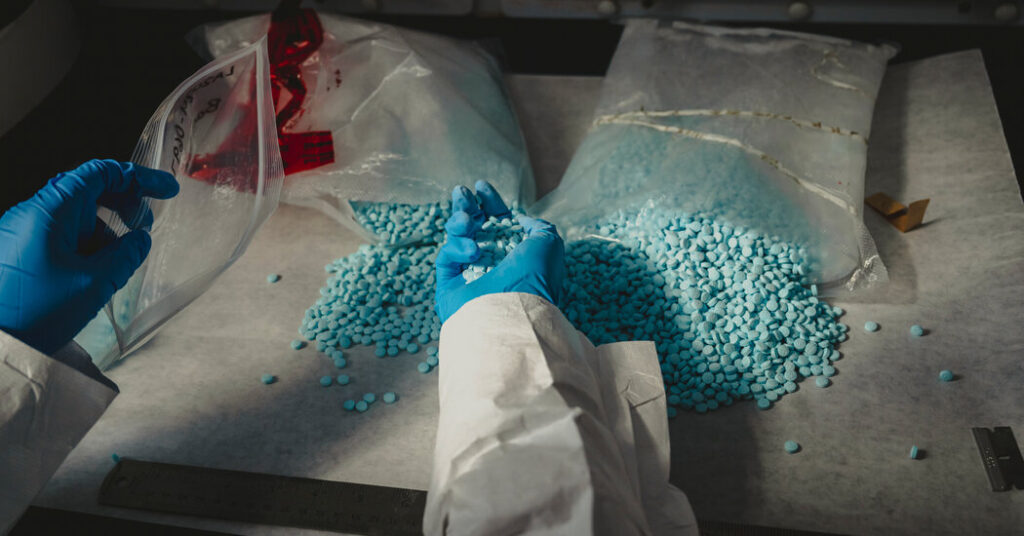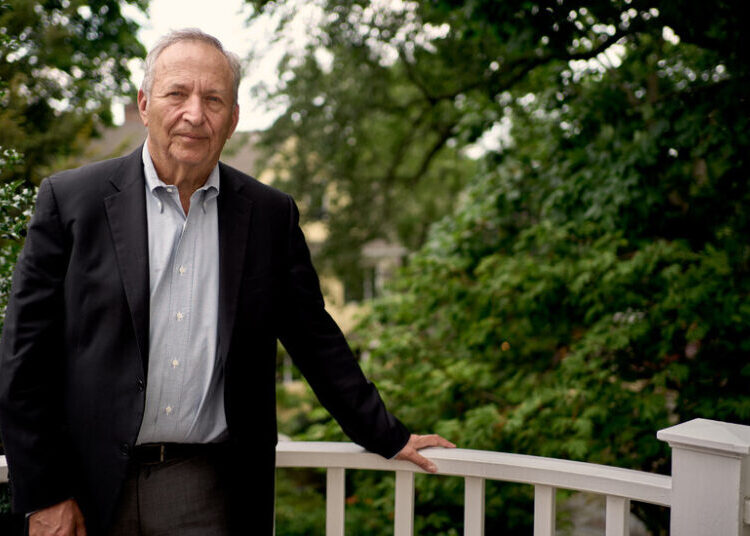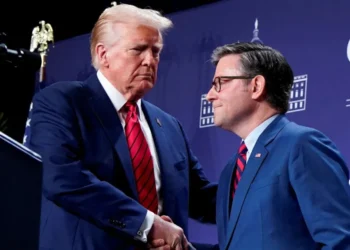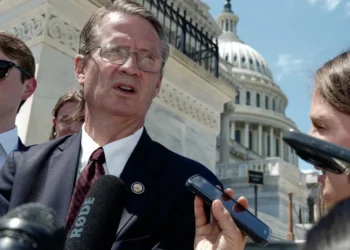President Trump has said that the U.S. military is attacking boats in the Caribbean and Eastern Pacific because of the large numbers of fentanyl deaths in the United States, and he claims that those boats come from Venezuela.
Defense Secretary Pete Hegseth has said the military mission “secures our Homeland from the drugs that are killing our people.”
The U.S. military has blown up at least 21 boats, killing more than 80 people since the Trump administration’s antidrug campaign began in September.
There is little doubt that fentanyl is exceptionally dangerous. But lawmakers and narcotics experts say that the Trump administration’s efforts to tie Venezuela to the U.S. fentanyl crisis are misleading. For one, the fentanyl used illegally in the United States does not come from Venezuela.
Here are some of the key facts about the Trump administration’s campaign and the drug trade.
What is fentanyl?
Fentanyl is a highly addictive synthetic opioid that is exponentially more potent than heroin or morphine, and can be lethal.
Mexican cartels, using precursor materials from China, started manufacturing the drug around 2014, recognizing that it was relatively simple to manufacture and was so highly concentrated that comparatively small quantities could be smuggled undetected into the United States.
The cartels also began mixing fentanyl into other drugs to make them stronger and more addictive.
Every fentanyl user’s experience is different. But many of those who get hooked on what has become a popular, ubiquitous street drug do not initially seek it out. Often, unsuspecting consumers looking for other, less lethal drugs may unwittingly buy substances adulterated with fentanyl. Because inexperienced drug users lack tolerance to a powerful opioid, they can fatally overdose.
According to the Drug Enforcement Administration, as little as 2 milligrams of fentanyl can be lethal.
In 2023, synthetic opioids were attributed to roughly 77,000 deaths a year in the United States, according to the Centers for Disease Control and Prevention. Although it remains a scourge, fentanyl overdose deaths have declined. Between April 2024 and April 2025, the most recent full-year data published by the government, there were roughly 43,000 deaths from synthetic opioids, chiefly fentanyl.
Is there any fentanyl on the boats that the U.S. military has blown up?
No.
When the strikes began in September, Mr. Trump said — without evidence — that there was fentanyl aboard the boats. The administration’s more recent claims have been vaguer, without directly mentioning fentanyl.
This month, military officials told members of Congress in closed-door hearings that there was cocaine on the boats but no fentanyl.
“Their rationale for the strikes is because fentanyl is killing so many Americans, but these strikes are targeting cocaine,” said Representative Sara Jacobs, a California Democrat who attended the briefing.
Military officials, Ms. Jacobs said, acknowledged to her that there was no fentanyl on the boats.
“I represent San Diego, so I know about this a lot,” she said. “Fentanyl comes to the United States at legal ports of entry by U.S. citizens. So this is not even like how fentanyl gets to us.”
Ms. Jacobs said people were rightfully and understandably scared of fentanyl, and concerned about what it was doing to American communities. But more strikes on speedboats, or even an attack inside Venezuela, would not slow the fentanyl trade, she added.
Where is Venezuela’s role in the cocaine trade?
Experts usually categorize a country involved in the drug trade as a producing country (where drugs are made or grown), a destination country (where the drugs are consumed), or a transit country (where the drugs pass through).
Narcotics experts say there is little doubt that cocaine passes through Venezuela. The United States estimated in 2020 that about 200 to 250 tons of cocaine pass through Venezuela each year. But the bulk of that cocaine was headed to Europe, through Trinidad, or to Brazil.
The cocaine that moves through Venezuela likely accounts for less than 10 percent of the supply of the drug that enters the United States, said Jonathan M. Winer, a former senior American diplomat who now is part of the Steady State, an organization of former national security professionals critical of the Trump administration.
“The takeaway is that Colombia is a radically bigger cocaine problem than Venezuela, and has been for most if not all of the past 30 years,” Mr. Winer said.
Cocaine from Colombia that is bound for the United States is shipped via the Pacific, or by air or land, mostly avoiding Venezuelan territory.
“Venezuela is more of a transshipment point to Europe, and that doesn’t necessarily make it our problem in exactly the same way,” said Annie Pforzheimer, a former senior U.S. diplomat who specialized in counternarcotics and Venezuela during her career. “Venezuela also is not a fentanyl node, so linkage to the idea that lethal action is justified because Americans are dying is so incredibly attenuated at this point.”
Cocaine also kills Americans. The C.D.C. linked it to about 20,000 deaths between April 2024 and April 2025.
Is Venezuela’s president directing drug trafficking from his country?
The Trump administration has repeatedly claimed that President Nicolás Maduro is the effective leader of the drug trade in Venezuela. Senior administration officials routinely refer to him as a “narco-terrorist.”
The arguments go back to 2020, when Mr. Maduro was indicted in the United States. Prosecutors tied him to former Venezuelan officials who had pleaded guilty to partnering with, and protecting, a Colombian terrorist group that was shipping cocaine to the United States.
Mr. Maduro has repeatedly denied that he has any role in the drug trade. In a letter to Mr. Trump in September, Mr. Maduro denied that his country trafficked in drugs.
According to national security experts, Mr. Maduro presides over a deeply corrupt government in which officials profit from the trafficking of cocaine from Colombia. He or his government may profit from bribes paid by drug traffickers, the experts say, but he does not appear to preside over a drug cartel in the same way that Joaquín Guzmán Loera, known as El Chapo, ruled and directed Mexico’s Sinaloa cartel.
Julian E. Barnes covers the U.S. intelligence agencies and international security matters for The Times. He has written about security issues for more than two decades.
The post Venezuela Doesn’t Produce Fentanyl. Trump Is Targeting It Anyway. appeared first on New York Times.




